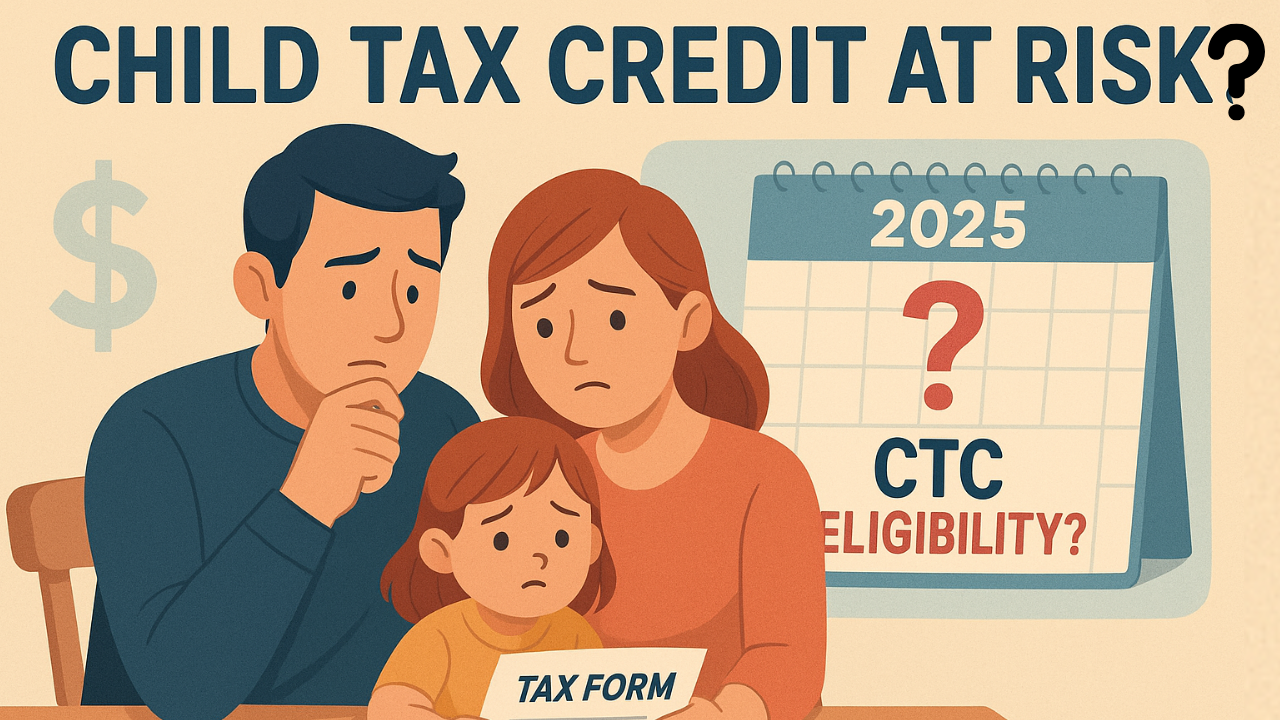Families across who rely on the Child Tax Credit may soon experience an unanticipated blow. Millions of children could lose this benefit due to a new budget proposal, not because of anything they have done, but rather because of their parents’ birthplace.
What’s Changing in the Rules?
The tax credit, currently now open to eligible families up to $2,000 per kid, is a crucial source of money for everything from food to school supplies. The law in question would only allow families to qualify if both parents currently hold Social Security numbers. That is a big change from the present rule, which only takes the child’s status into account.
This change would mostly impact mixed-status families, in which one parent may be undocumented or on a visa. The benefit may no longer be available to a projected 4.5 million kids, the vast majority of whom are U.S. citizens.
How This Could Impact Real Families
Think of a child born in the US to an undocumented parent. Even though the kid is a citizen, this rule may keep the family from getting the credit. Parents with jobs who are already having financial difficulties will thus have less money for essentials.
Why It’s Stirring Debate
Supporters of the law argue that it is about improving regulations and safeguarding taxpayer money. In the upcoming years, they also suggest increasing the credit to $2,500. However, detractors claim it establishes an unjust system in which children are punished according to their parents’ immigration documents rather than their needs.
What Comes Next?
The bill is presently pending Senate review after clearing the House. Families are left wondering if one of their most dependable sources of income could suddenly disappear, yet changes could still occur.




